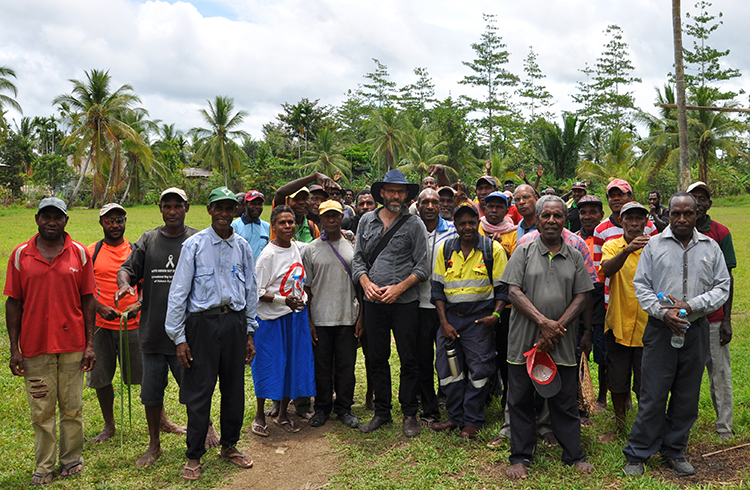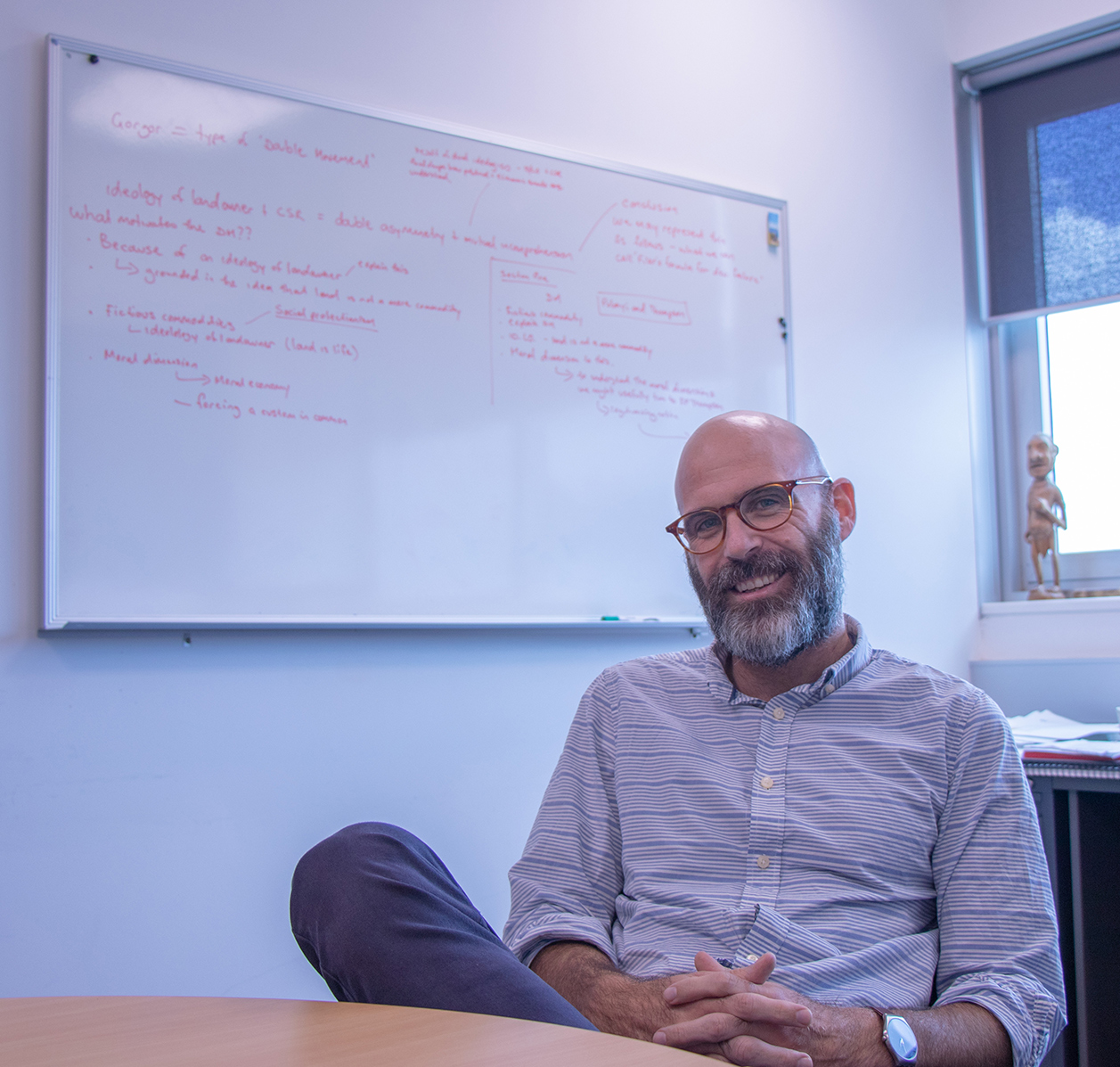
A University of Queensland researcher has co-written the first publicly available Human Rights Impact Assessment (HRIA) for a proposed gas project in Papua New Guinea.
UQ Sustainable Minerals Institute's Associate Professor Nick Bainton said the report’s publication demonstrates the slow evolution of the international community’s expectations of the extractive industries.
“There is currently no legislative requirement for a company to produce a HRIA in PNG, and if they decide to they are generally kept confidential once completed.
“The hope is that companies working in PNG’s extractive industries will build upon this example and continue to undertake HRIAs to help reduce human rights impacts,” he said.
Dr Bainton and Nora Götzmann from the Danish Institute for Human Rights were commissioned by Total Exploration and Production PNG (TEP) to identify potential impacts on gender, security and conflict for the Joint Venture Papua Liquefied Natural Gas Project.
“In this case TEP’s internal standards required a HRIA to be undertaken and part of our agreement with them stipulated that a version of the report was to be made publicly available.”
The HRIA involved extensive desktop research, and interviews and focus group discussions with key stakeholders in Port Moresby, and with local communities in the Project’s area of influence in PNG’s remote Gulf province.

“We met with ten communities in the Purari River delta and coastal region, travelling between each of them by river and helicopter due to the province’s absence of roads.
“We engaged with male and female focus groups at each of the communities; first introducing them to the impact assessment and key concepts and then discussing various topics.”
The researchers met with approximately 400 Gulf province community members over the course of their study, including approximately 160 women.
“Looking at the project’s gender outcomes was important as extractive operations often amplify existing inequalities and social divisions, largely to the detriment of women.
“To ensure the Project does not exacerbate existing issues in that area, we dedicated a significant portion of the report to identifying and addressing gender-based inequalities.
“We made numerous recommendations relating to gender, ranging from launching proven community programs to minimise gender-based violence to suggesting TEP improve the female labour market presence by using progressive targets in their contracts.”
It is expected that negotiations between the Project’s Joint Venture partners and the PNG government will be finalised in 2019 with operations to be launched in 2024.
Media: Connor Pound, 07 334 63258, c.pound@uq.edu.au



